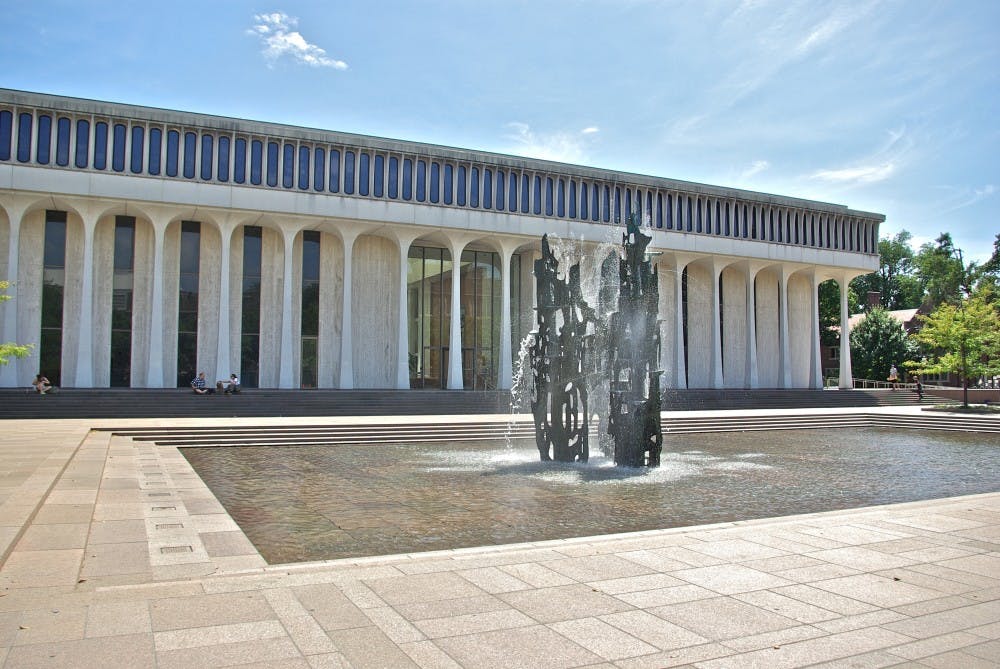On Monday, April 15, Eliza Griswold ’95 and Carlos Lozada GS ’97 were named 2019 Pulitzer Prize winners in general nonfiction and criticism, respectively, at a ceremony at Columbia University’s School of Journalism. Griswold and Lozada join the ranks of University alumni such as Cold War diplomat George F. Kennan ’25, University journalism professor John McPhee ’53, and journalist and novelist Lorraine Adams ’81.
Griswold — a journalist, poet, and 2014 Ferris Professor of Journalism at the University — received this year’s Pulitzer Prize for general nonfiction for her book, “Amity and Prosperity: One Family and the Fracturing of America.” The book compiles research from seven years of reporting to tell the story of Stacey Haney, a nurse in Amity, P.A., who becomes a prominent activist in her small town after an oil fracking company severely damages and pollutes the surrounding environment.
In an email to The Daily Princetonian, Griswold noted that her time as a professor helped to shape the Pulitzer-winning book and encouraged current students, especially aspiring journalists, to take classes in the journalism department.
“The journalistic community at Princeton right now is particularly strong,” Griswold wrote. “I loved being a Ferris Professor and that time served me so well while working on this book.”
In addition to investigative journalism focusing on unethical practices in fracking companies, Griswold has reported extensively on the Middle East and South Asia. She is well-known for working with Pakistani journalist Hayatullah Khan, who was kidnapped in 2005, found dead the following year, and was alleged by the journalist community to be a victim of the Pakistani government for his own investigative journalism on Al-Qaeda and the Taliban.
According to The New York Times, Lozada received the Pulitzer Prize for criticism “for reviews and essays on politics, truth, immigration and American identity in the Trump era,” which he provided through his position as the nonfiction book critic for The Washington Post. The Pulitzer Prize Administration described his work as a series of “trenchant and searching reviews and essays that joined warm emotion and careful analysis.”
A graduate of the Woodrow Wilson School of Public and International Affairs, Lozada went on to become an economic analyst at the Federal Reserve Bank of Atlanta. After two years, Lozada became the managing editor for Foreign Policy magazine, where he worked for five years before moving on to the Post. Prior to becoming the nonfiction book critic for the Post, Lozada held the consecutive positions of economics editor, national security editor, and Sunday Outlook editor.
Lozada did not respond to request for comment by the time of publication.
The Pulitzer Prizes were named for Joseph Pulitzer, a newspaper publisher and prominent New York congressman in the late 19th century. In 1917, six years after his death, Columbia College established the Prizes to fulfill Pulitzer’s will, which stated his desire to advance “the progress and elevation of journalism.”
According to the Pulitzer Prize website, each Pulitzer Prize winner receives $15,000 cash award and a certificate.










